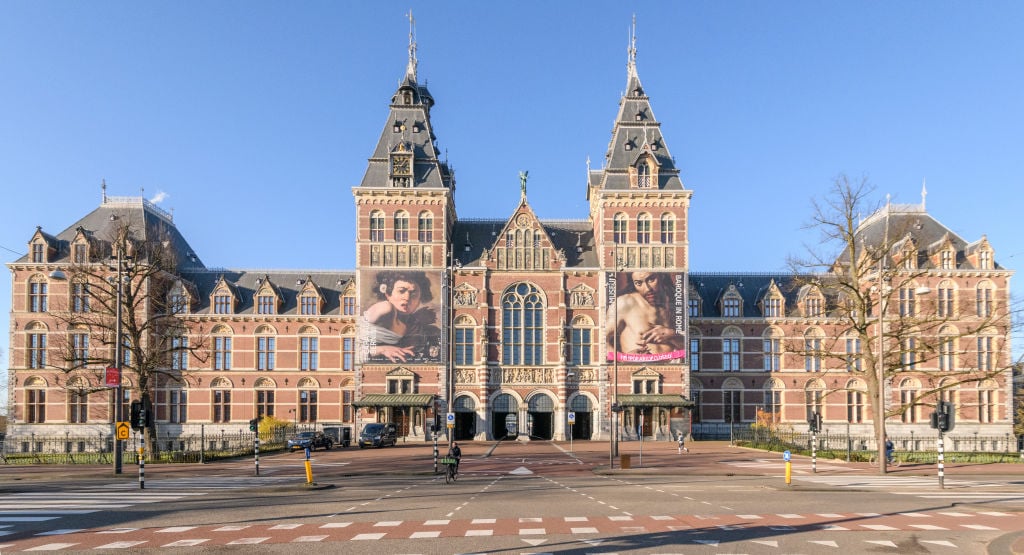
A new bill coming to a vote today in Dutch parliament has prompted outcry from the heads of the Netherlands’ most prominent museums, as well as leaders from theater and cultural institutions.
The €1 billion law would establish regional facilities around the country to offer rapid coronavirus tests and would require negative results to enter cultural venues.
In an open letter published yesterday in the Dutch newspaper NRC, 100 notable cultural figures, including Stedelijk director Rein Wolfs, artist Renzo Martens, Rijksmuseum director Taco Dibbits, and Van Gogh Museum director Emilie Gordenker, wrote that the law would enact too many barriers for museum goers.
They describe the tests—which would cost visitors €7.50 apiece—as a potential “death blow” for cultural venues, which are already struggling after a year of dwindling visitors and closures. “For the art public, this law only means more barriers to gaining beauty, comfort, and knowledge in the culture,” write the letter’s authors.
The proposed law is aimed at speeding the reopening opening of currently shuttered cultural venues, including festivals and sporting events.
Before museums re-closed in Germany in April, a similar law was in place requiring same-day antigen tests to visit all such venues deemed non-essential.
The letter’s authors say they would prefer to adhere to the protocols introduced before the most recent shutdown earlier this year, when museums and theaters offered restricted and timed access, as well as ticket pre-sales. “Last year’s extensive experience can be applied again,” they write, “without requiring additional legislation or investments.”
The news of the bill compounds concerns around the lack of interest in buying museum tickets, as a Dutch pilot project found in recent weeks. The project, which offered tickets to various cultural venues and events with proof of negative tests, received little interest. Just 16,000 of 37,000 available tickets were sold. It also reported that 75 percent of Dutch residents opposed an additional charge to attend a museum.
None of the €1 billion funding for the law will go to the cultural institutions that will be affected by the proposed law. “The cultural sector can no longer financially cope,” said the authors, emphasizing the need for additional funds to implement the new act, should it pass.